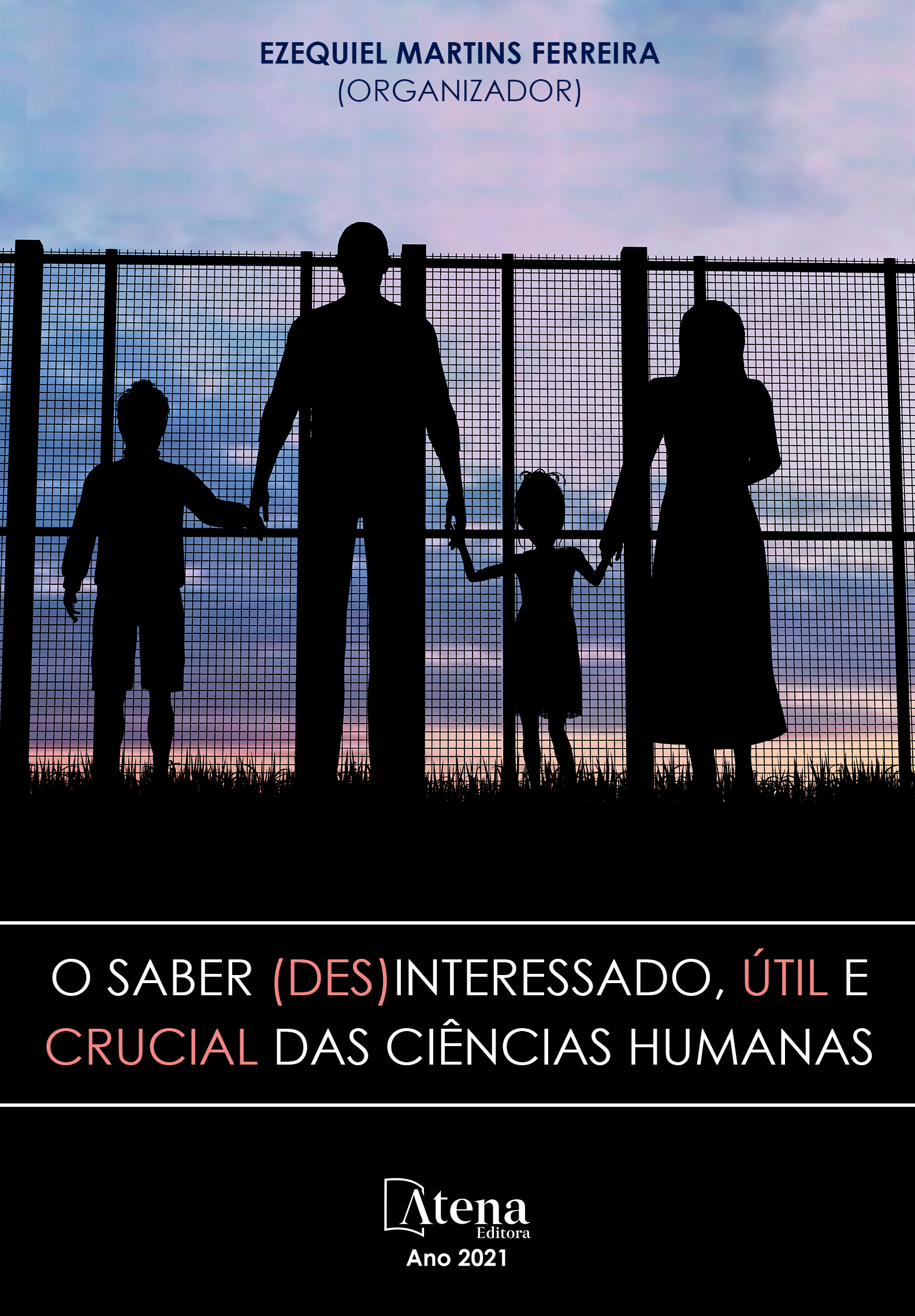
TRAJETÓRIAS DE VIDA DE IMIGRANTES PORTUGUESES: O RECONHECIMENTO DE ESTUDOS
Em todos os tempos, por diversas razões, os homens saíram de sua terra de origem, sozinhos ou em grupos, buscando novos desafios e oportunidades. Na formação do Brasil, foi decisiva a vinda de portugueses e africanos que, unindo-se aos indígenas e a gentes de várias regiões do mundo, contribuíram para a constituição da nação brasileira. Sabe-se que a imigração portuguesa foi uma constante na história do Brasil. Na segunda metade do século XX, apesar do declínio no processo migratório, ainda havia portugueses vindo ao Brasil e se instalando, dentre outros lugares, em Curitiba. O que esperavam encontrar e o que encontravam na terra escolhida? Alguns deles esperavam poder continuar a estudar no Brasil, mas os estudos realizados em Portugal não eram considerados. Isso dificultava e, não raro, impedia a continuidade na formação. Partindo desses pressupostos, a pesquisa tem por objetivo discutir a questão do reconhecimento, no Brasil, da escolaridade adquirida em Portugal, pelos imigrantes portugueses vindos a Curitiba na segunda metade do século XX. Para reconstruir o período, a metodologia empregada foi a história oral, na modalidade história de vida, numa perspectiva interdisciplinar. Colaboraram com as entrevistas imigrantes portugueses radicados em Curitiba. Discutidos e interpretados os dados coletados, os resultados evidenciaram não só as dificuldades enfrentadas pelos estrangeiros quanto ao reconhecimento dos estudos realizados fora do país, como também as alternativas buscadas por eles para superar essa dificuldade.
TRAJETÓRIAS DE VIDA DE IMIGRANTES PORTUGUESES: O RECONHECIMENTO DE ESTUDOS
-
DOI: 10.22533/at.ed.4612114102
-
Palavras-chave: Migrações. Reconhecimento de estudos. História oral.
-
Keywords: Migrations. Recognition of studies. Oral history.
-
Abstract:
During all times, for various reasons, men left their homelands, alone or in groups, seeking new challenges and opportunities. In the shaping of Brazil, one key aspect was the arrival of Portuguese and Africans who, along with the native Indians and people arising from various regions of the world, contributed to the constitution of the Brazilian nation. Portuguese immigration was a constant in the history of Brazil. In the second half of the 20th century, despite the decline in the migratory process, the Portuguese were still coming to Brazil and settling down in places such as Curitiba. What did they expect to find and what did they find in the chosen land? Some of them expected to resume their studies in Brazil, but the studies carried out in Portugal were not considered. This complicated and often prevented the resumption of their education. Based on these assumptions, the research aims to discuss the recognition in Brazil of the schooling acquired in Portugal by the Portuguese immigrants who came to Curitiba in the second half of the 20th century. To reconstruct the period, we adopted the methodology of oral history, in the life history modality, in an interdisciplinary perspective. Portuguese immigrants settled in Curitiba collaborated with the interviews. When the data collected were discussed and interpreted, the results showed not only the difficulties faced by foreigners regarding the recognition of studies carried out abroad, but also the alternatives sought by them to overcome this difficulty.
-
Número de páginas: 18
- Alboni Marisa Dudeque Pianovski Vieira


